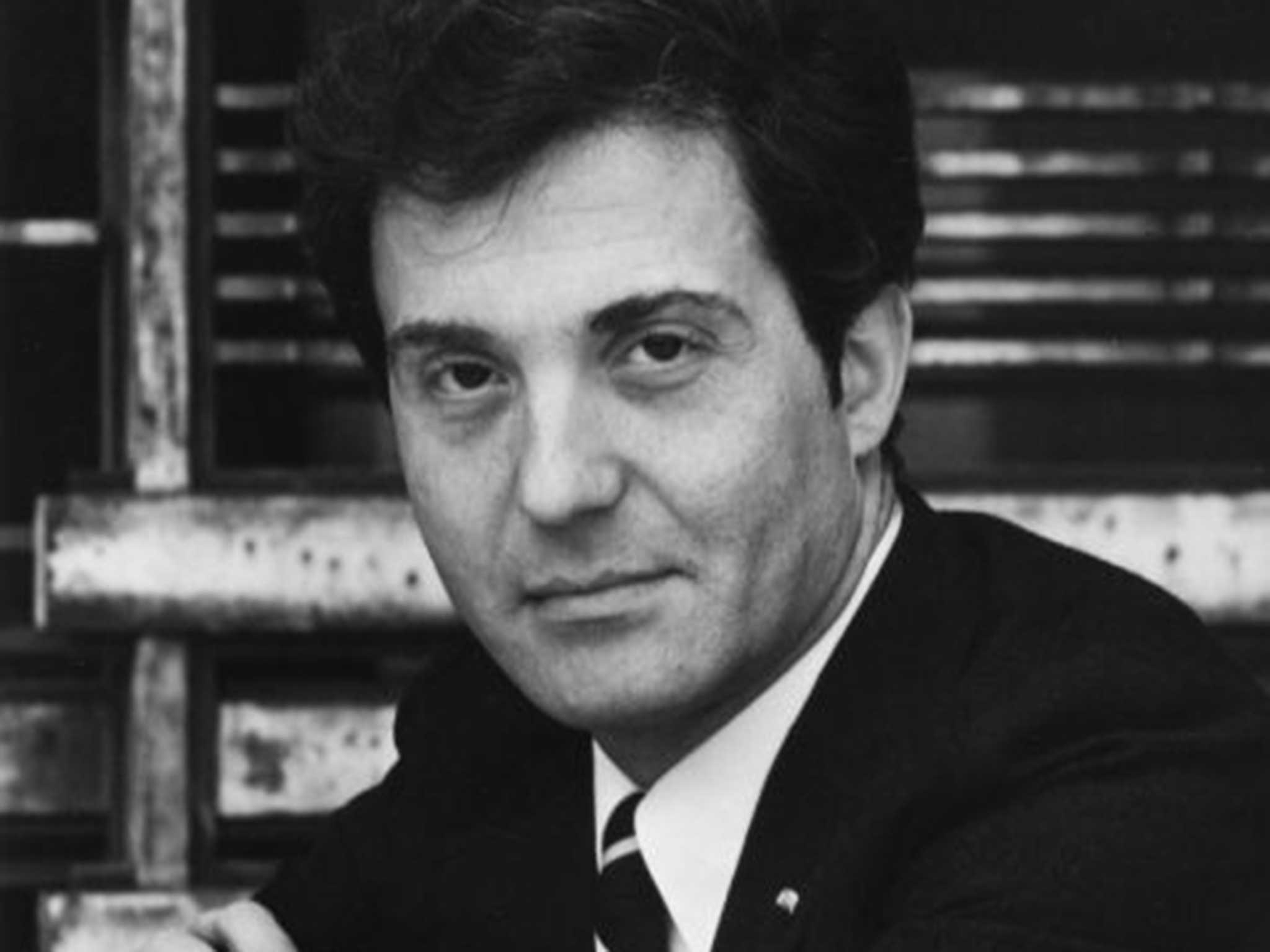Aldo Ciccolini: Pianist noted for his elegant reserve and hailed for his performances of rare pieces and unsung composers

The pianist Aldo Ciccolini combined virtuosity with elegant reserve and over more than six decades of performing drew acclaim for his interpretations of underappreciated compositions and composers. He was born in Italy but said, “I feel I definitely have a French soul.”
He arrived in Paris in 1949 for the prestigious Marguerite Long-Jacques Thibaud piano competition – he was one of two winners that year – and stayed to study with Long, Alfred Cortot and Yves Nat. He made France his permanent home, taking citizenship in 1969. The next year, he began an 18-year tenure as professor at the Conservatoire de Paris, where his students included pianist Jean-Yves Thibaudet and the future conductor Fabio Luisi.
Never a flashy soloist, he was underappreciated partly because of his repertoire: he was rare among concert pianists for focusing on quirky corners of it. His 1960s recordings of Erik Satie helped bolster the composer’s reputation; other recordings in his impressive catalogue featured the little-known French composer Déodat de Séverac, piano music by Rossini and works by Janáček.
Liszt was another staple of Ciccolini’s repertoire – often less-performed works, such as the collection Harmonies poetiques et religieuses, which he offered in a single recital. But he was perfectly capable of taking on the demanding war horses; Tchaikovsky, Rachmaninovand Saint-Saëns were all in his arsenal.
But he was a contained and sometimes understated performer. He defined interpretation as “humility in the face of the text.” Yet he also brought a quality described as “Mediterranean warmth,” and, often, a sense of the antic. His Satie is clear, yet robust and a touch smoky; his Debussy, luminous and open, without contrived mystery. “We pianists need to tell a story,” he said.
He was born in Naples in 1925. His father, a typographer, supported his talent early on. After hearing the three-year-old Aldo copying his sisters’ piano lessons, he asked him, “Are you ready to sacrifice your life to music?” Aldo entered Naples Conservatory at the age of nine. During the Second World War he played for US soldiers and in bars to support his family.
In the wake of his victory in the Long competition he made significant debuts in New York and London, and started his rise to international fame. Although his greatest acclaim came as a soloist, he was also a noted musical partner to opera singers including Nicolai Gedda and Elisabeth Schwarzkopf, and the violinist Jacques Thibaud.
In his 80s he came back with a string of performances and new recordings. In 2010 he gave a concert for his 85th birthday, while EMI released a 56-CD set of his complete recordings. He performed nearly until his death.
Aldo Ciccolini, pianist: born Naples 15 August 1925; died Asnieres-sur-Seine 1 February 2015.
© The Washington Post
Subscribe to Independent Premium to bookmark this article
Want to bookmark your favourite articles and stories to read or reference later? Start your Independent Premium subscription today.

Join our commenting forum
Join thought-provoking conversations, follow other Independent readers and see their replies